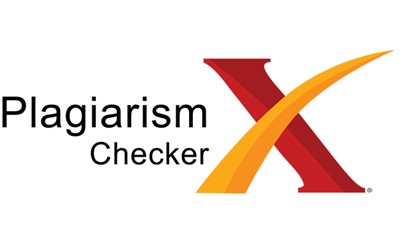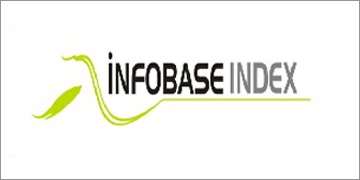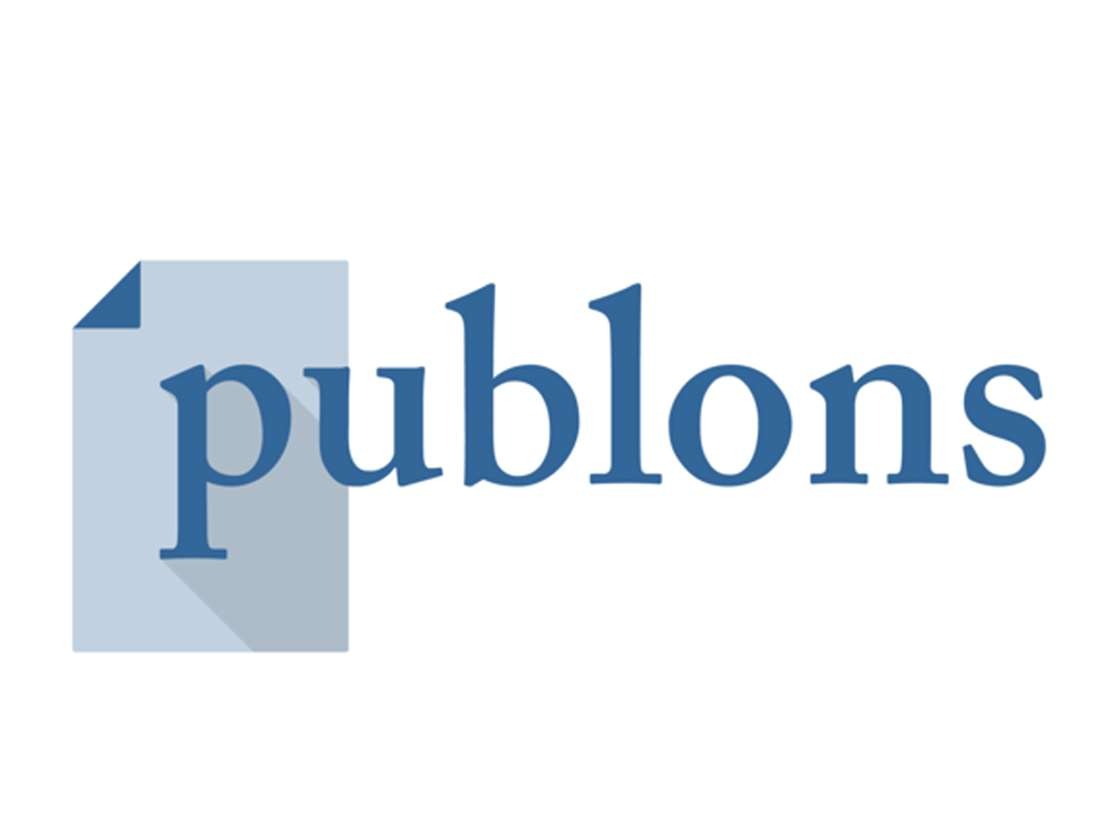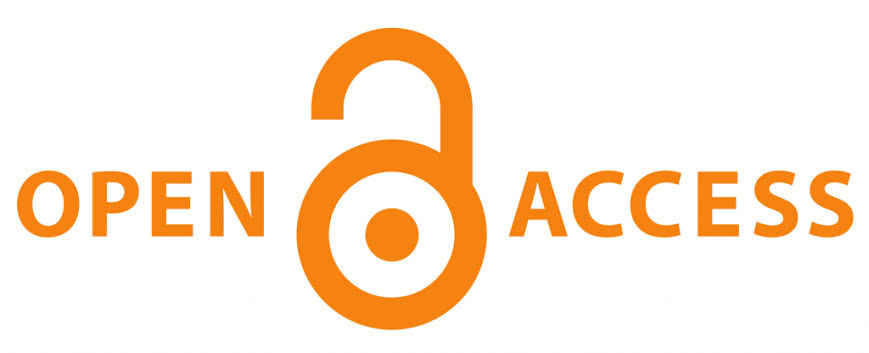Editorial Policies
Focus and Scope
PALAR is a scientific journal that focuses on the study of electronic journal management in the field of law, including criminal law, civil law, government law, business economic law, international law, sharia economic law and others, based on OJS (Open Journal System).
The scope of legal science branches that are the focus of study such as:
- Civil law
- Criminal law
- Civil Procedure Law
- Criminal Procedure Law
- Commercial Law
- Constitutional Law
- International law
- State Administrative Law
- Customary law
- Islamic law
- Agrarian Law
- Environmental law
- Comparative Law
- Company Law
- Constitutional law
- Agrarian law
- Family Law
- Inheritance Law
- Contract Law
- Auction Law
- Code Ethic of Notary
- Land Law
- Intellectual Property Rights
- Tax Law
- Politics of Notarial Law
In addition to the aforementioned fields, JHP also accepts articles that cover the topic of crossing between law and other scientific fields, such as sociology of law, legal anthropology, law and economics.
Section Policies
COVER
 Open Submissions
Open Submissions Indexed
Indexed Peer Reviewed
Peer Reviewed
Peer Review Process
Editor in Chief will assign the manuscript to Managing Editor for further handling. The Managing Editor will request at least two scientists to review the research article manuscript. All manuscripts are subject to double-blind/anonymous peer-review, both the reviewer and author identities are concealed from the reviewers, and vice versa, throughout the review process to meet standards of academic excellence.
Detailed information about the flow for the manuscript submission (author) to the acceptance by the editor is shown in the following figure.
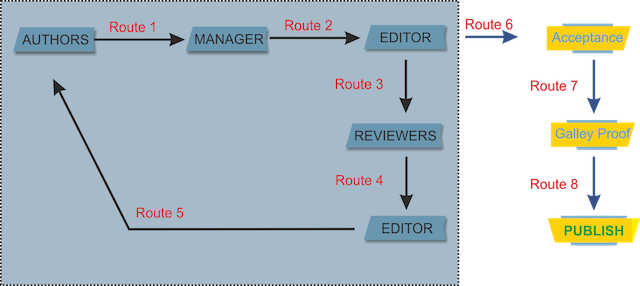
In short, the steps are:
- Manuscript Submission (by author) (route 1)
- Manuscript Check and Selection (by manager and editors) (route 2). Editors have a right to directly accept, reject, or review. Prior to further processing steps, plagiarism check using Turnitin is applied for each manuscript.
- Manuscript Reviewing Process (by reviewers) (route 3-4)
- Notification of Manuscript Acceptance, Revision, or Rejection (by editor to author based on reviewers comments) (route 5)
- Paper Revision (by author)
- Revision Submission based on Reviewer Suggestion (by author) with the similar flow to point number 1. (route 1)
- If the reviewer seems to be satisfied with revision, notification for acceptance (by editor). (route 6)
- Galley proof and publishing process (route 7 and 8)
The steps point number 1 to 5 are considered as 1 round of the peer-reviewing process (see the grey area in the figure). The editor or editorial board considers the feedback provided by the peer reviewers and arrives at a decision. The following are the most common decisions:
- Accepted, as it is. The journal will publish the paper in its original form;
- Accepted by Minor Revisions, the journal will publish the paper and asks the author to make small corrections (let authors revised with stipulated time);
- Accepted by Major Revisions, the journal will publish the paper provided the authors make the changes suggested by the reviewers and/or editors (let authors revised with stipulated time);
- Resubmit (conditional rejection), the journal is willing to reconsider the paper in another round of decision making after the authors make major changes;
- Rejected (outright rejection), the journal will not publish the paper or reconsider it even if the authors make major revisions.
Publication Frequency
PAKUAN LAW REVIEW (PALAR) adalah pusat penelitian di bidang hukum yang menerbitkan tulisan atau artikel dalam kurun waktu 2 kali dalam 1 tahun, yakni priode januari-juni dan juli-desember sejak tahun 2017 hingga 2020.
PAKUAN LAW REVIEW (PALAR) Menerbitkan tulisan atau artikel dalam kurun waktu 4 kali dalam 1 tahun yakni dalam priode januari-maret, april-Juni, juli-september, oktober-desember sejak tahun 2021 hingga sekarang.
Open Access Policy
Pakuan Law Review (PALAR) provides immediate open access to its content on the principle that making research freely available to the public supports a greater global exchange of knowledge.
PALAR is a peer reviewed journal with open access. The article processing or delivery of the manuscript submitted to the manager or editor through an online system or by using the OJS Open Access publishing model.
In this publishing model, papers are peer-reviewed in the normal way under editorial control. The paper appears electronically and freely available from our website. Authors retain full copyright and publishing rights over their articles. They are free to archive, distribute, or reuse their published work in any format or platform, as long as proper attribution to the original publication in PALAR is provided and the terms of the Creative Commons Attribution-NonCommercial-ShareAlike 4.0 (CC BY-NC-SA 4.0) license are followed.
Pakuan Law Review (PALAR) is licensed under a is licensed under a Creative Commons Attribution-NonCommercial-ShareAlike 4.0 International (CC BY-NC-SA 4.0) License.
Archiving
This journal utilizes the LOCKSS system to create a distributed archiving system among participating libraries and permits those libraries to create permanent archives of the journal for purposes of preservation and restoration.
As well as Explore: Journal PALAR (Pakuan Law review) submits its content to the Republic of Indonesia's national library database, onesearch, Garuda (Garba Referral Digital), and several journal indexing institutions, so that data availability is guaranteed and accessible.
Copy Editing and Proofreading
every articel accepted by MEV Journal shall be an object to grammly, writing-enhancement program conducted by MEV journal Editorial Board.
Plagiarism Policy
- Plagiarism and self-plagiarism are not allowed;
- The authors should ensure that they have written entirely original works, and if the authors have used the work and/or words of others that this has been appropriately cited or quoted;
- An author should not in general publish manuscripts describing essentially the same research in more than one journal or primary publication. Submitting the same manuscript to more than one journal concurrently constitutes unethical publishing behavior and is unacceptable;
- Proper acknowledgment of the work of others must always be given. Authors should cite publications that have been influential in determining the nature of the reported work.
Working Process:
- Editorial Team checking manuscript on offline and online database manually (checking proper citation and quotation);
- Editorial Team checking manuscript by using Turnitin app. If it is found plagiarism indication (more than 25%), the board will reject the manuscript immediately.
Article Processing Charges (APCs)
Article Processing Charges (APCs)
Pakuan Law Review welcomes article submissions and does not charge Article Processing Charges (APCs).
Article Submission: 0.00 (USD)
Authors are not required to pay an Article Submission Fee as part of the submission process to contribute to review costs.
Article Publication Charges (APCs): 0.00 (USD)
For Libraries/Individuals, can read and download any full-text articles for free of charge.
Open Access Statement
PALAR is a scientific journal that focuses on the study of electronic journal management in the field of law, including criminal law, civil law, government law, business economic law, international law, sharia economic law and others, based on OJS (Open Journal System).
The scope of legal science branches that are the focus of study such as:
- Civil law
- Criminal law
- Civil Procedure Law
- Criminal Procedure Law
- Commercial Law
- Constitutional Law
- International law
- State Administrative Law
- Customary law
- Islamic law
- Agrarian Law
- Environmental law
- Comparative Law
- Company Law
- Constitutional law
- Agrarian law
- Family Law
- Inheritance Law
- Contract Law
- Auction Law
- Code Ethic of Notary
- Land Law
- Intellectual Property Rights
- Tax Law
- Politics of Notarial Law
In addition to the aforementioned fields, PALAR also accepts articles that cover the topic of crossing between law and other scientific fields, such as sociology of law, legal anthropology, law and economics, and others.
provides free and open online access to all of its research publications. All articles that are declared accepted will be immediately available and free to download on the https://journal.unpak.ac.id/index.php/palar/index page without limits and without charge.
PALAR (Pakuan Law Review) understands that in this world everyone has equal opportunities to seek, share and create knowledge we look forward to the authors joining us in this open access concept.

.png alt=)








